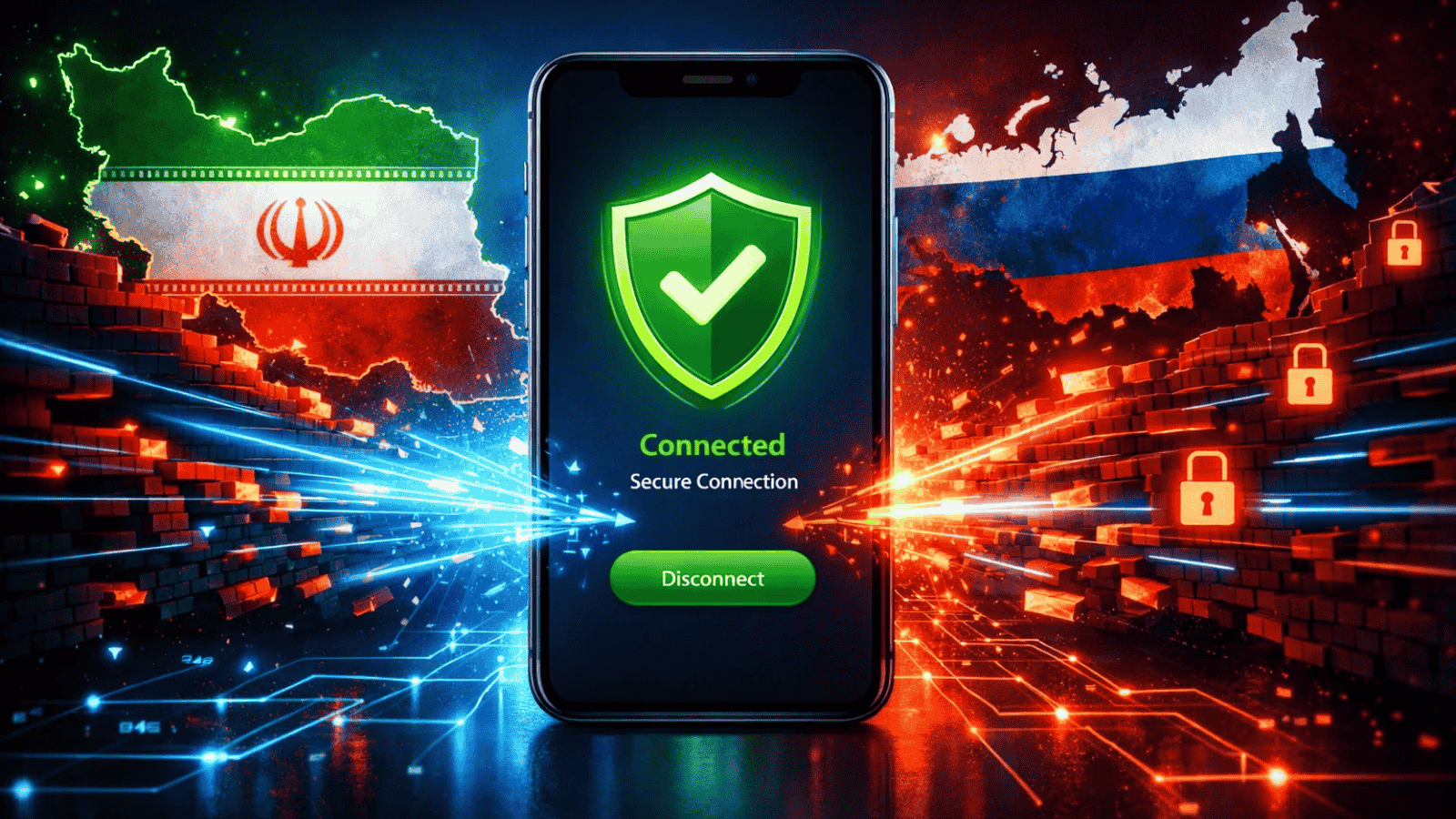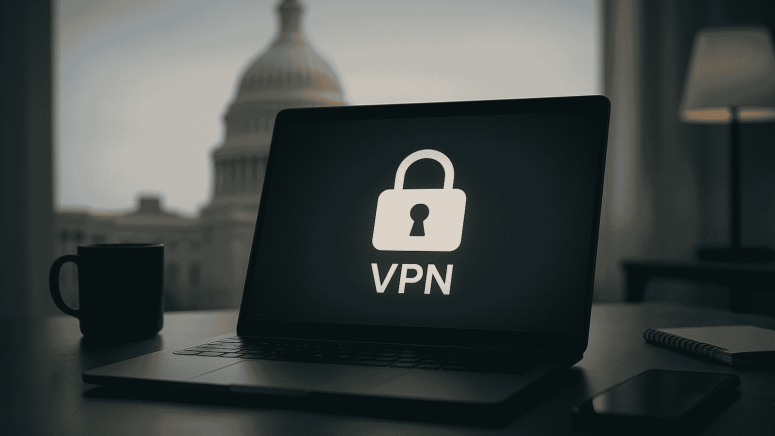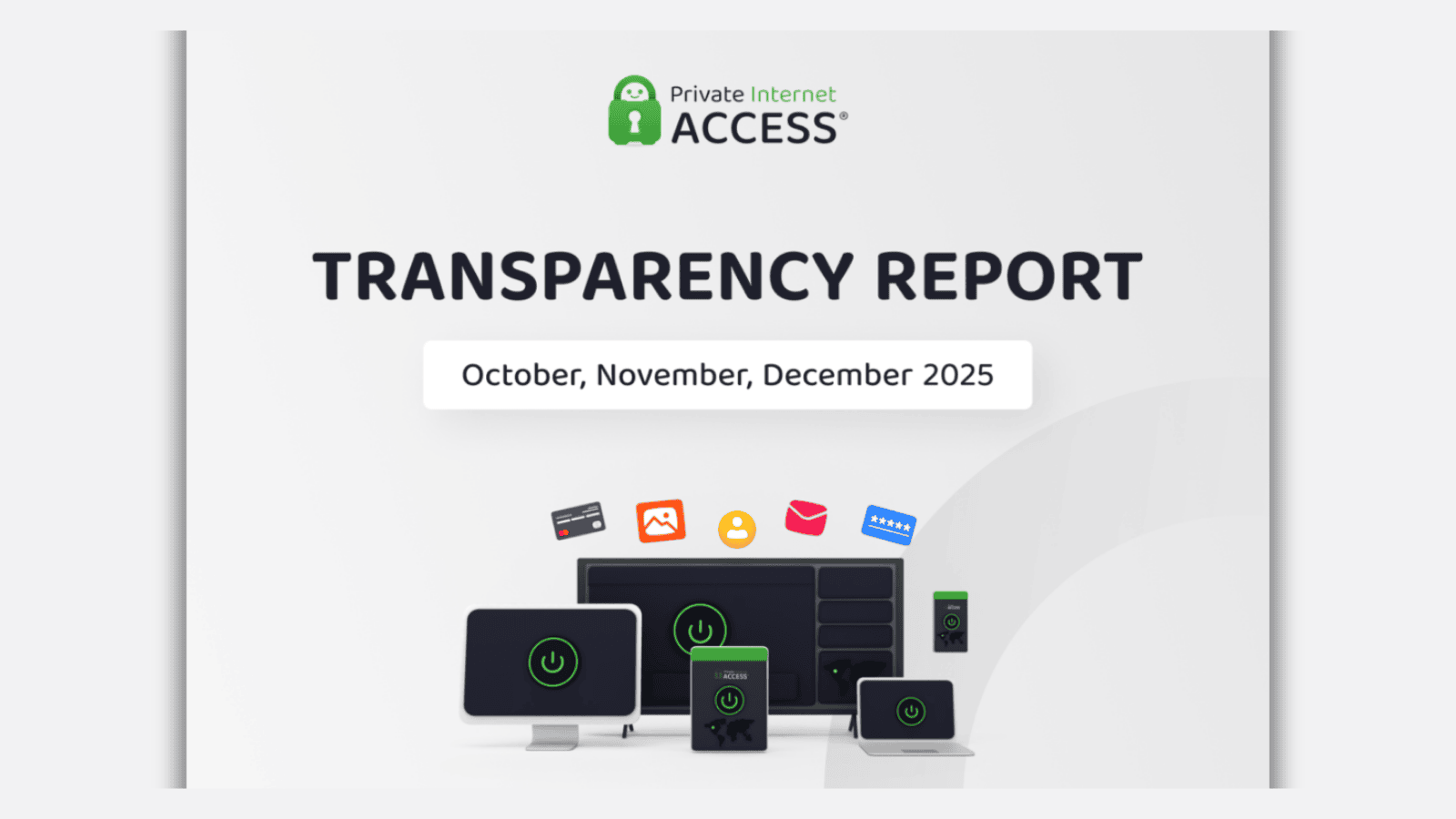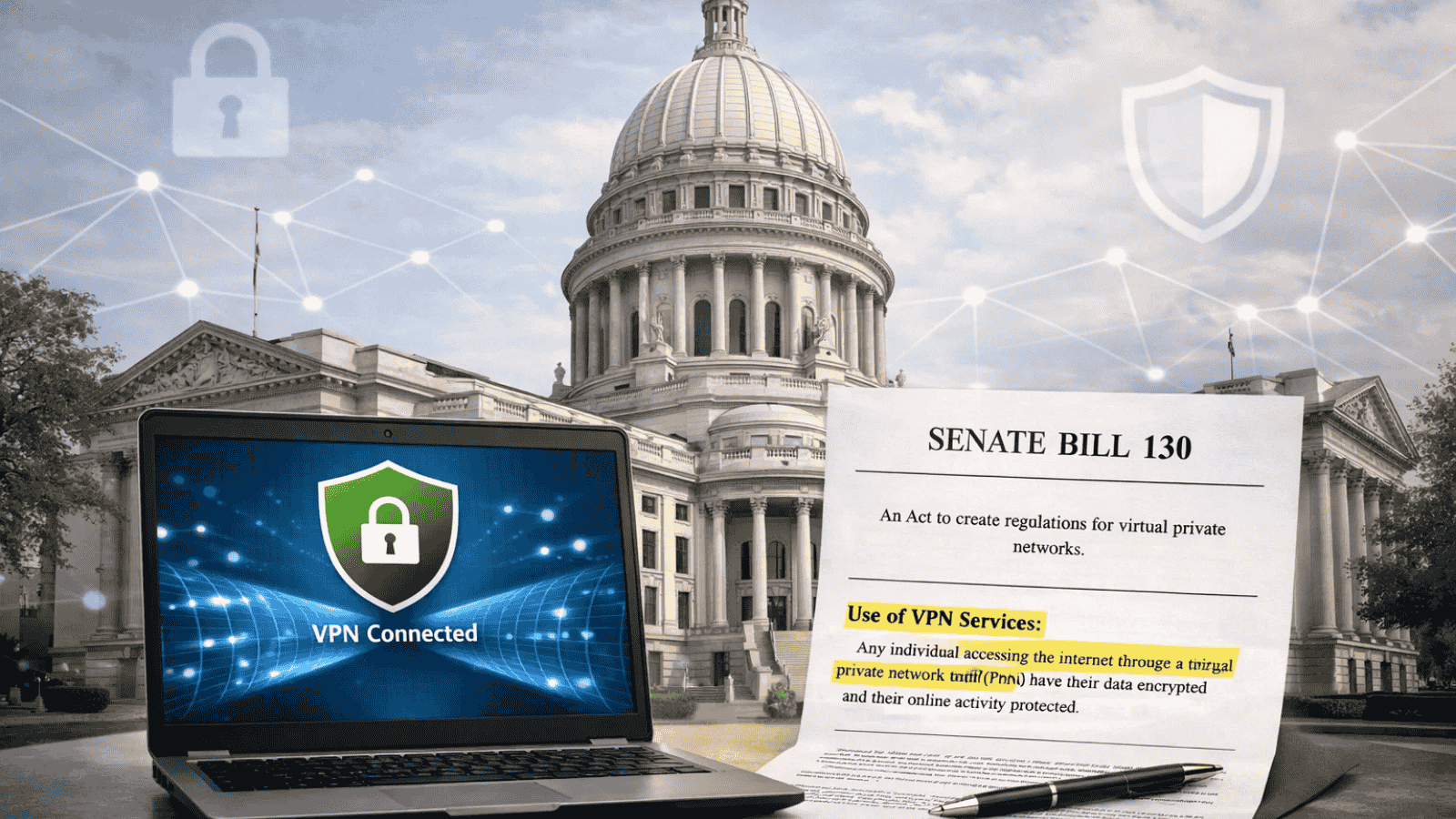
Remote Work Could Be Affected by Michigan’s New Anticorruption Bill, Experts Warn
- Bill Overview: HB 4938 aims to restrict online sexual content but includes broad digital regulations.
- VPN Impact: Experts warn vague language could unintentionally limit VPN use essential for businesses.
- Remote Work Risk: Potential VPN restrictions may disrupt remote work across healthcare, IT, and other sectors.
A new bill in the Michigan House of Representatives is raising concerns among technology professionals, legal analysts, and remote workers. The Anticorruption of Public Morals Act (HB 4938) aims to regulate online content, but experts say its language could unintentionally impact remote work across the state.
The proposal has gained attention after online discussions suggested that certain tools used in everyday business, especially VPNs, might be restricted if the bill becomes law.
What Is HB 4938?
The Anticorruption of Public Morals Act HB 4938 seeks to prohibit the distribution of material on the internet that is considered harmful to public morals. The bill specifically targets:
- Real or digitally created sexual content
- Animated or written depictions of sexual acts
- Audio representations of sexual content
Beyond content restrictions, the bill outlines:
- Civil penalties
- Regulations for commercial entities
- Responsibilities for state and local agencies
- Creation of new funds and rules on how money from those funds is distributed
While the bill’s stated purpose is to limit explicit content online, technology experts and policy analysts say the wording might have broader consequences. The full text of the bill includes sections regulating the use of tools that conceal internet activity, tools that many businesses rely on.
Concerns About VPN Restrictions
The debate intensified after an IT professional on Reddit pointed out that HB 4938 could be interpreted as limiting or banning VPNs (Virtual Private Networks). VPNs are used by countless companies to secure remote access to corporate systems.
If the bill restricts technologies that mask a user’s online activity, VPN use could fall under that definition. This would cause significant disruption in industries that depend on secure remote access.
Michigan Reddit users shared concerns:
- I use a VPN with my job, and that would make portions of my work obsolete.
- Nearly everyone in the company I work for uses a VPN since we have offices nationwide.
- Hospitals don’t have enough staff to go back to doing paperwork by hand.
Several commenters also pointed out that many essential services, healthcare, finance, IT, and government, rely on VPNs not for privacy, but for security and compliance.
Remote Work at Risk?
Since the pandemic, remote work has become common across the U.S., including Michigan. Many workers worry that if VPNs become restricted or banned, remote work could become impossible for a wide range of professions.
Technology policy experts say the bill may not intend to target remote work, but unclear language could create risks if not amended. Businesses are now watching closely, waiting for lawmakers to clarify how the bill would affect secure communication tools.













